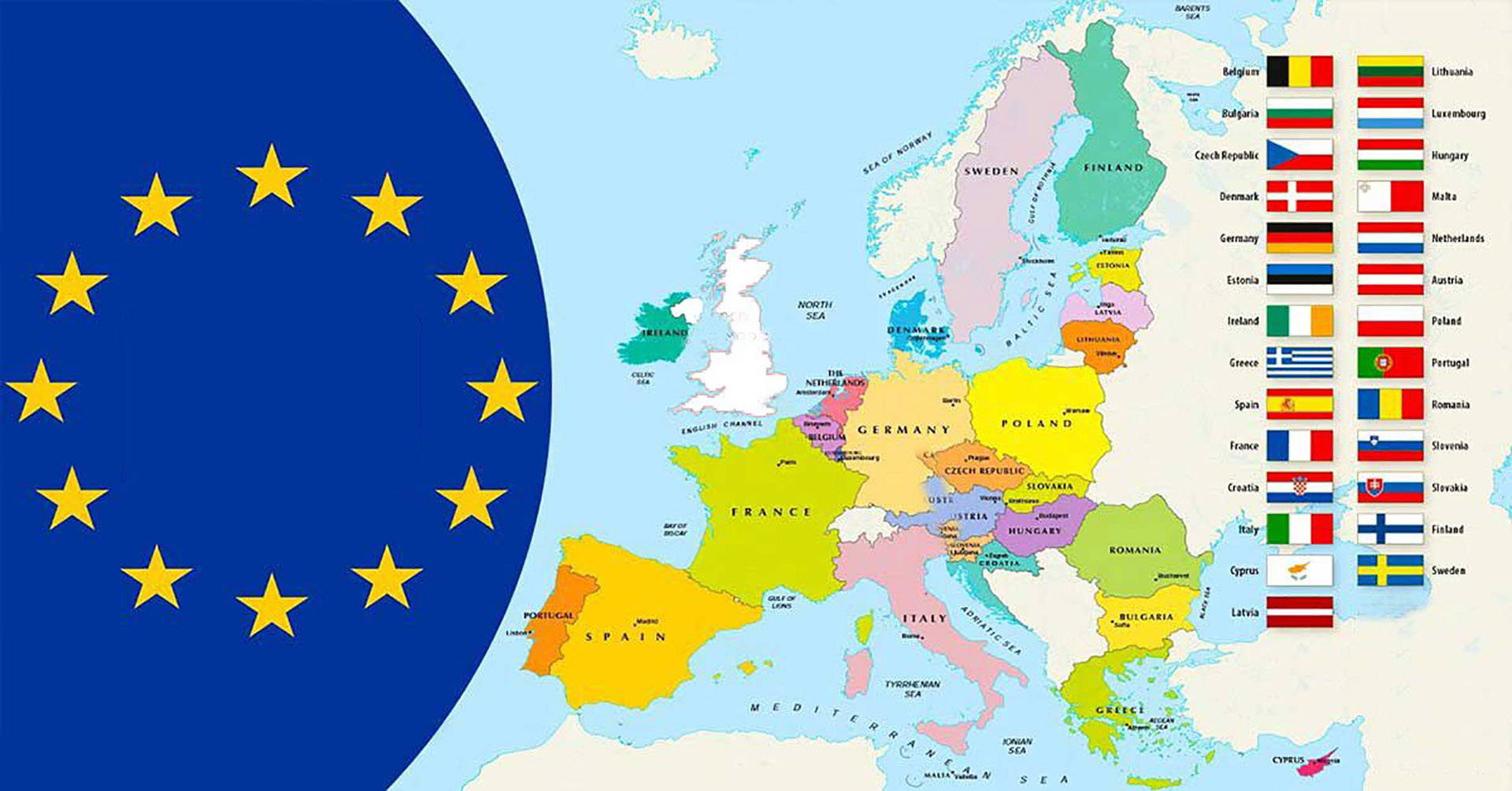SPECIFICS OF DOING BUSINESS IN POLAND
Honesty and decency are highly respected in Poland, moreover, personal recommendations and customer reviews hold significant value. Thus, business reputation carries substantial weight in the country. The local economy is primarily based on small businesses (with no more than 69 employees and up to 7 million euros in annual income) and medium-sized enterprises (with no more than 250 employees and 40 million euros in annual profit). Over the past three years, e-commerce has witnessed rapid development in Poland, while the sectors of car service, construction, private education (kindergartens), beauty, and body care are also considered promising and profitable.
To register a company and open a bank account, a valid passport, a Schengen visa, and the ability to sign documents (a digital signature for those who choose to establish a legal entity online) will only be required. However, foreigners will have access to a limited number of organizational and legal forms for business. More opportunities open up for EU citizens, as well as for those who are married to a Pole or hold an official residence permit in the country.
TAXATION
In total, there are 13 types of taxation in Poland, but most entrepreneurs have to pay only CIT, VAT, and PIT. CIT (a corporate income tax) was set at 19% in 2022. However, legal entities with an annual turnover of up to 1.2 million euros pay tax at a reduced rate of 9%. CIT is paid monthly or quarterly. VAT (value-added tax) is paid at a base rate of 23%, with reduced rates of 5% or 8% applicable to specific activities, such as print media, some services in agriculture, pharmaceuticals, and others. PIT (personal income tax) must be paid if the annual income exceeds PLN 3,091. For incomes up to PLN 85,528, the tax rate is 18%, while higher incomes are taxed at a rate of 32%.
LICENSING
In Poland, numerous commercial activities are subject to regulation, and some may need specific permits, such as licences, concessions, or permits. For instance, obtaining a licence is mandatory for organizing passenger transportation, producing medicines, offering financial services, and more. Concessions are issued for economic activities that fall under the state monopoly, such as mining or selling tobacco products. Entrepreneurs engaged in businesses under state control, like alcohol sales, require a permit (zezwolenie). For certain activities, which require specific qualifications, registration in the relevant register is also necessary. This registration requirement applies to professionals like midwives, dentists, veterinarians, auditors, and others.
REPORTING
Doing business in Poland involves the submission of such reports and forms as a CIT income tax return, a document on withholding of Personal Income Tax (PIT) from the employee’s salaries, and a monthly VAT return, known as VAT-7. Legal entities are required to submit an annual report called “Sprawozdanie finansowe,” which must be sent to Urząd Skarbowy (tax office) by March 1st. Representatives of small and medium-sized businesses usually outsource bookkeeping to third parties, so they do not typically have in-house accountants.













